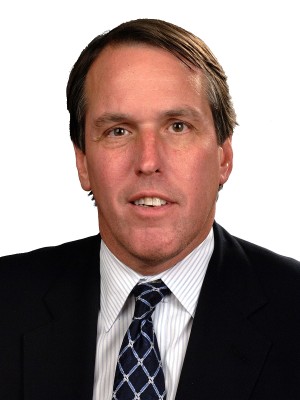Federal prosecutors may no longer be shy about prosecuting corporations for fear they may close.
As evidenced by the SAC Capital Advisors indictment, a possible sea change is ahead, said Stanley A. Twardy, a former federal prosecutor and managing partner at Day Pitney L.L.P. in Stamford.
“The government believes the culture of SAC is one that tolerates insider trading and the government has concluded that shouldn”™t be allowed,” said Twardy, who specializes in white collar crime. “It could set a precedent that hedge funds and other businesses where there is a repeated pattern of criminal conduct will not be tolerated.”

Late last month the federal government charged SAC with criminal responsibility for insider trading. Preet Bharara, the U.S. Attorney for the Southern District of New York, accused the company of actively recruiting people with insider information and permitting a systemic insider trading scheme from 1999 to 2010. The indictment lists eight former employees charged with misconduct, including six employees who have already pleaded guilty. Each is expected to testify in court.
SAC representatives have denied the claims, stating they”™ve never encouraged, promoted or tolerated insider trading. Additionally the firm, based in Stamford, said the actions of a handful of men with criminal charges don”™t reflect the principals of the thousands who have worked at the fund.
If found guilty, the firm will likely pay a penalty equal to the amount of earnings gained from any insider trading deals, which could amount to a few billion dollars. At the beginning of the year the fund managed $15 billion in assets; however, in the last few months investors have pulled out roughly $5 billion as the government publically announced interest in the firm.
“I think people are going to see a battle here between two giants: the U.S. government and SAC,” Twardy said. “The government has a case. There”™s probable cause that they can get a conviction but they”™ll get a lot of pushback from the company. They”™re legal team is second to none. It”™s not going to be easy.”
Twardy said previously the government has been more hesitant to charge companies after criminal employee convictions. Since the U.S. Department of Justice in 2002 indicted Enron”™s accounting firm, Arthur Andersen L.L.P., and it buckled, the government has been more cautious. About 28,000 people lost their jobs at Arthur Andersen.
But now prosecutors may not be as hesitant.
Prosecutors will weigh the damage an indictment will have on innocent third parties, such as stakeholders, investors and employees. And in the case of SAC, they must have decided it was worth pursuing, Twardy said.
Last year a small hedge fund in New Jersey was also indicted.
“These are serious charges and there”™s no way SAC is laughing it off,” Twardy said. The company”™s 1,000 employees, many of whom are in Stamford, could be tainted. Its founder and owner, Steven A. Cohen, could be barred from trading.
For other hedge funds, the indictment is an opportunity to gain SAC”™s clients; however, it is also a warning that firms with a history of employee misconduct will be prosecuted.
Twardy said it was unlikely SAC employees would be able to easily migrate to other funds that have managed to keep a clean house thus far.
As for further government regulation of the industry, Twardy said it will be difficult to tell what Congress might do until further evidence is collected.
“Congress has been looking at (hedge funds) for quite awhile with all the publicity that”™s surrounding them,” he said. “You never know what Congress will do.”


















